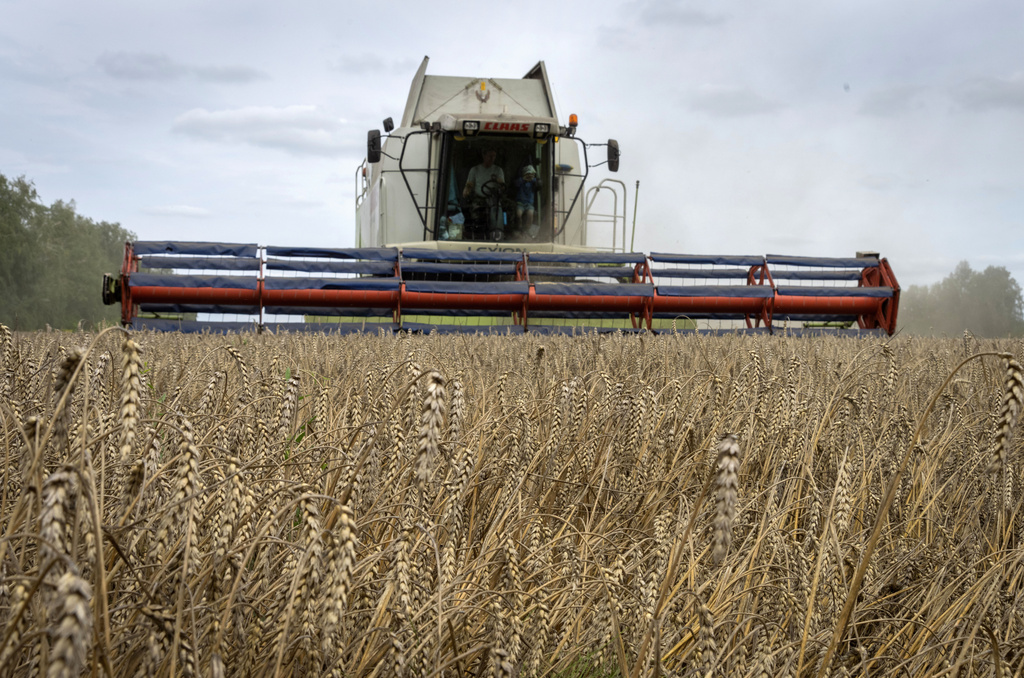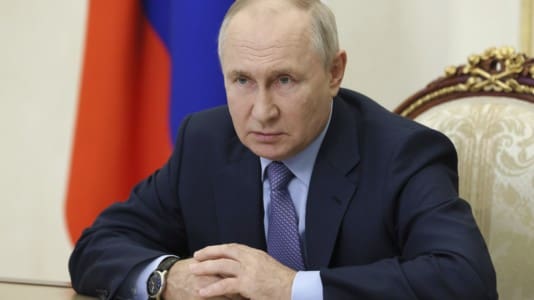Poles may be increasingly fed up with unconditional support for Ukraine, and polling supports the Polish government’s toughened stance on Ukraine.
Ukraine has not only insulted Poland by continuously celebrating a Ukrainian nationalist who butchered tens of thousands of Poles during the Second World War, but also more recently, by suing Poland over its grain embargo at the World Trade Organization (WTO).
Starting on Sept. 15, Poland began a unilateral national ban on grain imports from Ukraine, following the expiration of the EU’s embargo on grain imports to five EU countries bordering Ukraine, which included Poland along with Slovakia, Romania, Bulgaria and Hungary.
The Polish government claims the move is designed to protect Polish farmers. Last year, the inundation of the Polish grain market led to the country’s most significant agricultural crisis, resulting in the resignation of then Agriculture Minister Henryk Kowalczyk.
In a recent poll by IBRIS for Rzeczpospolita paper and RMF commercial radio, respondents were asked to evaluate Poland’s current policy towards Ukraine amid heightened tensions between the two nations.
The poll shows that 49 percent of participants either strongly (16.4 percent) or somewhat (32.6 percent) approve of the Polish government’s hardline stance, whereas 40.8 percent disapprove, either strongly (14.3 percent) or somewhat (26 percent).
Another 10.2 percent of respondents were undecided. Notably, 75 percent of ruling party Law and Justice (PiS) voters and 40 percent of opposition party voters support the government’s position.
Dr. Arkadiusz Artyszak, a professor at the Warsaw University of Life Sciences, was not surprised by the findings.
“Were there no parliamentary elections in Poland, I’m convinced the embargo wouldn’t persist. However, research showed that voters expect this,” he told Rp.pl. Prof. Artyszak also highlighted that last year’s grain surplus issues were self-inflicted by the PiS government.
“Warnings from Polish farmers were dismissed, and no quality control was introduced at the borders. Instead, every effort was made to facilitate the inflow of Ukrainian grain,” he said.
The EU allowed tariff-free imports of duty-free products from Ukraine in May of the previous year. Consequently, grain imports to Poland tripled from 1.1 million tons in 2021 to 3.2 million tons in 2022, with significant spikes in wheat and corn, with over 2 million tons of the latter imported.
Polish farmers struggled to sell their produce, prompting the government to introduce special subsidies for farmers and manage the excess grain stuck in silos.
Moreover, in the first four months of this year, during ongoing farmers’ protests, nearly 338,000 tons of wheat were imported from Ukraine. This volume is 610 times more than during the same period last year. Much of this was initially classified as “technical grain” upon entry into Poland but was subsequently sold to Polish consumers and as a feed grain. A special investigative team in Rzeszów is currently looking into this matter.
Talks between the agricultural ministers of Poland and Ukraine designed to reach a grain agreement are ongoing. EU Agriculture Commissioner Janusz Wojciechowski has proposed subsidies for the transit of Ukrainian grain and suggests moving inspections from Poland to Lithuania and Germany, which are where the specific ports are located for grain to exit EU borders.





